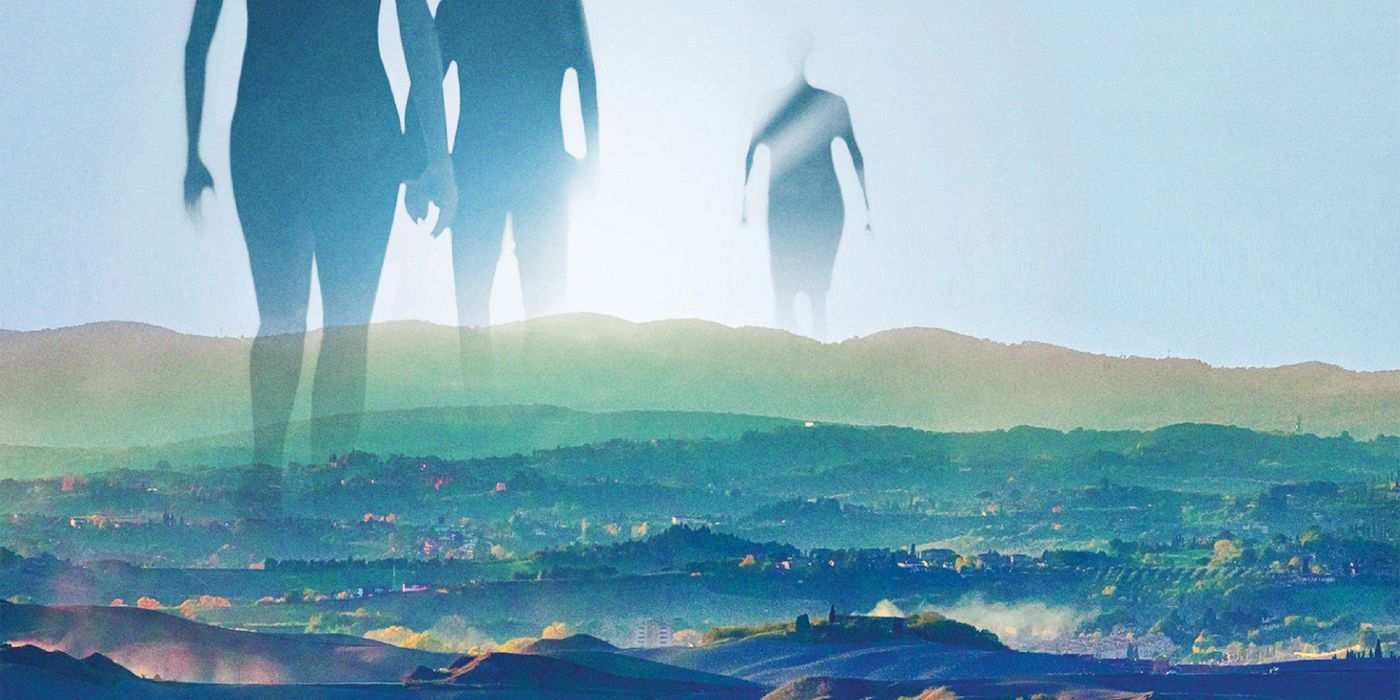

The people deserting the Democratic Party are simply exercising that option with their feet. We are the ones who will suffer the most from poor decisions. The underlying strength of our system is that the people really do get the final say over matters. But, in the end, the idea does have to work or we will drop it and not look back. We’re willing to try almost anything if it looks like it could work. Like the walkaways in the story, they only know that they can’t remain where they are.Īmericans, underneath it all, are a very practical bunch. Just because they can no longer stomach the hypocrisy of the Left doesn’t mean walkaways are ready to rebrand as conservatives. Have all of those wayward Democrats become Republicans? Probably not. Reluctantly, they turn their backs on all they know, and walk away. Saner Democrats, those not mesmerized by the power they imagine is almost within their grasp, have woken from their slumber to this nightmare. Louder than the chants in the streets are the screams of the shackled and tortured child Truth beneath the edifice of the Democratic Party. The Democrats bellow them with passion while out for nights of burning, looting, and shooting those who speak their minds or even just try to eat supper outside a cafe.

Slogans like “speech is violence and violence is speech” are not confined to the pages of dystopian novels anymore. The vitriol also serves to keep leftists in line, knowing they will be mercilessly attacked if they break ranks.Īnd yet, a growing number can no longer manage the moral gymnastics required to be a Democrat today. Even the slightest doubt creeping in will corrode the foundations of his beliefs, which are built not even on sand but on air and arrogance. The leftist must hold in contempt those who don’t agree with him completely. They pity and scorn those who can’t, or even hesitate, to follow them in that deep. Step by step over the years the Democrats have retreated farther away from the truth, burrowing deeper into the comforting warmth of their big, beautiful lies. The story demands debate and dissent, which modern leftists appear to abhor. The mere fact that she wrote “The Ones Who Walk Away from Omelas” argues that she would not. Le Guin, were she still alive, feel welcome on the Left? Hard to say. The people who call themselves anarchists today wink at each other, understanding “anarchist” as a convenient cloak to hide under and a hammer with which to wreck the hated system (which at least works) on the road to a socialist uberstate (which won’t). After using them as cannon fodder, the socialists pulled a cynical bait-and-switch. I don’t agree with, but do feel an empathy for, those bitter old anarchists. Her honest, old-fashioned leftism viewed a practical anarchism as an end goal achievable and worth striving for. I am not a scholar of Le Guin’s work, but from reading her and about her one can glean that she was a feminist and an anarchist. When the Walk Away movement began, Le Guin’s story resonated loudly in my head. Sooner or later the troubled ones simply walk away from Omelas, turning their backs on all they know. A few, though, are troubled enough by this situation that they cannot. Most citizens of Omelas have accepted the bargain, barely thinking about the shackled child below the streets. Le Guin was obviously setting up the moral quandary which is the spine of the story. It isn’t explained why, but the existence of Omelas is dependent on the continuous torture of this child. However, beneath the city a child is imprisoned in horrible conditions. Everyone has enough to eat and places to sleep without having to toil for it, a true paradise. Omelas is a utopian place, whose citizens spend their days and nights seeking pleasure, recreating, or working, if they choose. Le Guin titled “ The Ones Who Walk Away From Omelas.” Le Guin got the name for the fictional city of Omelas from a fleeting glance in her rear-view mirror at a road sign as she drove away from Salem, Oregon. There is a 1973 science fiction or fantasy story, depending upon how you define those terms, by Ursula K.


 0 kommentar(er)
0 kommentar(er)
